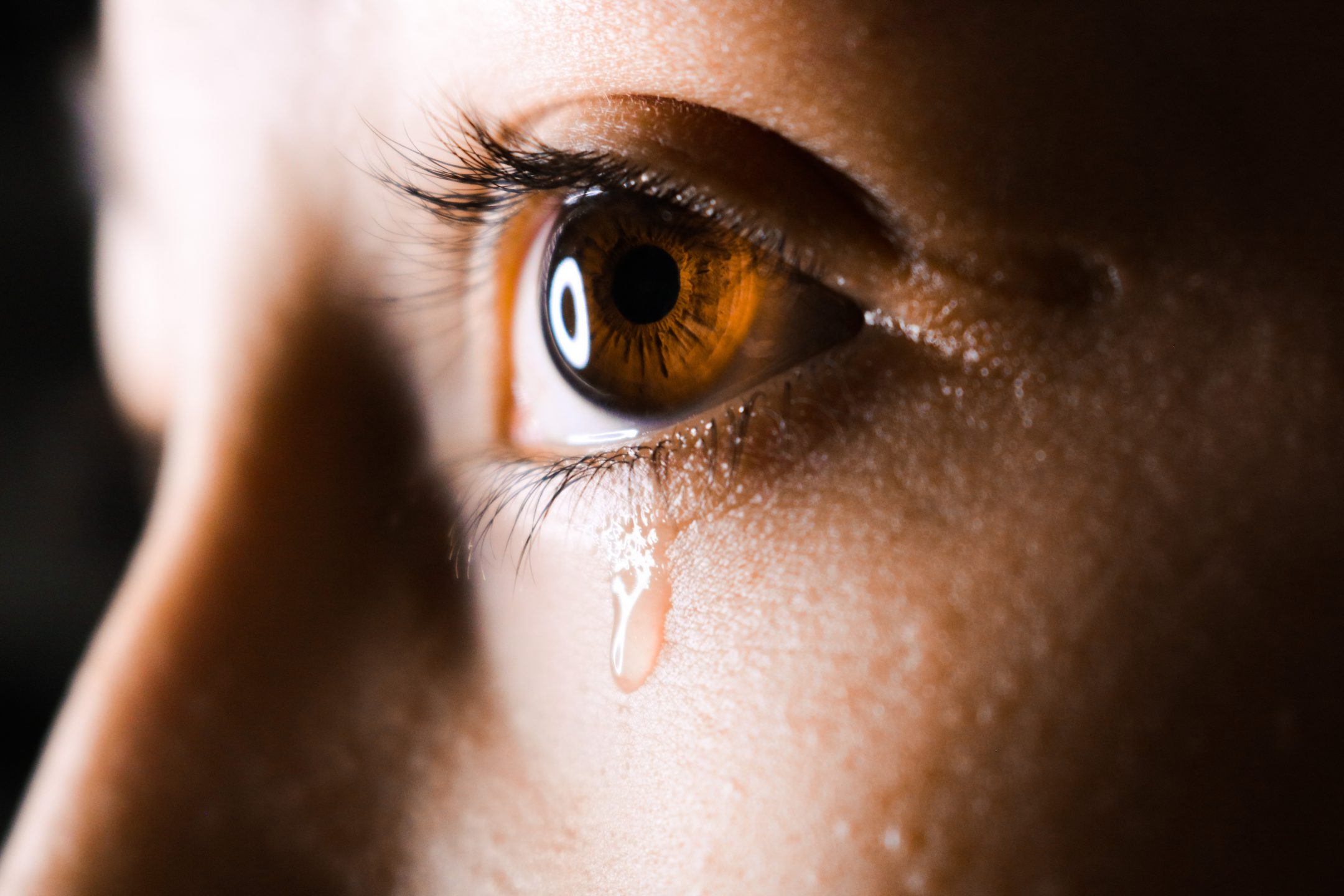According to the Canadian Mental Health Association, one in 10 people develop post-traumatic stress disorder at some point in their lives. This condition often develops following a sudden painful experience, such as a serious accident. This disorder significantly impacts the life of an accident victim.
Victims of motor vehicle accidents, and other types of personal injury accidents, typically suffer physical injuries. Alongside these physical injuries, accident victims may also suffer psychological injuries that affect their life to the same extent, or sometimes to a greater extent, than their physical injuries.
A psychological injury is a type of mental harm, suffering or dysfunction that is the direct result of another individual’s negligent actions. A victim may seek damages in court for the resulting mental trauma. Psychological injuries may involve a number of conditions including chronic pain syndrome, traumatic brain injury, anxiety, and depression. One of the most common types of psychological injury that results from a personal injury claim is post-traumatic stress disorder (“PTSD”).
WHAT IS PTSD?
The Canadian Mental Health Association defines PTSD as a mental illness following exposure to a traumatic situation involving death or the threat of death, serious injury, or sexual violence.
If PTSD is ignored or left untreated, it can lead to more serious problems such as depression, drug or alcohol dependence, thoughts of suicide, and physical health problems.
Signs of PTSD can begin in the hours and days following a traumatic event, but may not appear for years. Victims may feel a sense of shock and disbelief, lingering feelings of anger, anxiety, or worry, and fear that an accident may happen again.
One of the symptoms associated with PTSD is distress when presented with objects or situations that remind them of the accident. For example, a dog bite attack victim might suffer from psychological and physiological stress when he/she hears a dog bark.
Some signs that you may be suffering from PTSD following a car accident include the following:
- General uneasiness and anxiety;
- Irritable, excessive worry, or feelings of anger;
- Nightmares, difficulty sleeping, and restlessness;
- Lingering memories of the crash, reliving it mentally and thinking about it often;
- Feelings of distress about driving or getting into a car or being around moving vehicles.
HOW DOES PTSD DEVELOP?
Those that suffer from PTSD have personally experienced a traumatic event that has caused them to fear for their lives, see horrible things, and feel helpless. Strong emotions caused by the traumatic event create changes in the brain that may result in PTSD.
It isn’t clear why some individuals develop PTSD and others do not following a traumatic event. The likelihood of experiencing PTSD depends on many factors, which may include:
- How intense the trauma was;
- If you lost a loved one or were hurt;
- How close you were to the event;
- How strong your reaction was to the event;
- How much you felt in control of events;
- How much help and support you received following the event.
LONG-TERM EFFECTS OF PTSD
If left untreated, PTSD may have detrimental long-term effects. Those who are suffering from this condition may be unable to work, their relationships with family and friends may be strained, and they may even develop suicidal thoughts or actions.
In some cases, individuals become addicted to drugs or alcohol, resort to self-injury, suffer from an overwhelming fear of death, develop personality changes, and partake in self-destructive behaviours.
WHAT IS THE TREATMENT FOR PTSD?
Treatment for PTSD focuses on helping individuals regain a sense of control over their life.
The primary treatment is psychotherapy. Cognitive-behavioural therapy and exposure therapy are two common types of therapy used to treat PTSD.
Cognitive-behavioural therapy has been shown to be effective for PTSD. This type of counselling teaches you how your thoughts, feelings, and behaviours work together and how to deal with problems and stress. Individuals are often taught skills such as relaxation techniques.
Exposure therapy is a type of behavioural therapy that helps the individual safely face situations and memories that he/she finds frightening in order to learn to cope with them effectively. One approach is to use virtual reality programs to allow the individual to re-enter a traumatic setting.
Medication, such as anti-anxiety mediation or anti-depressants, may also help with the anxiety, depression, and sleep difficulties associated with PTSD.
Support groups can also be helpful as way to share experiences, learn from others, and connect with people who are similarly affected by PTSD.
If you or a loved one have been involved in a serious accident and suffer from serious injuries, including PTSD symptoms, you are entitled to fair compensation to help you recover from your injuries. To receive answers to any questions you may have, please contact the experienced and award winning lawyers at Cuming & Gillespie LLP to discuss your case today. For a free case evaluation, please contact our office online or at 403-571-0555 to make an appointment. We look forward to helping you obtain the compensation that you deserve.

